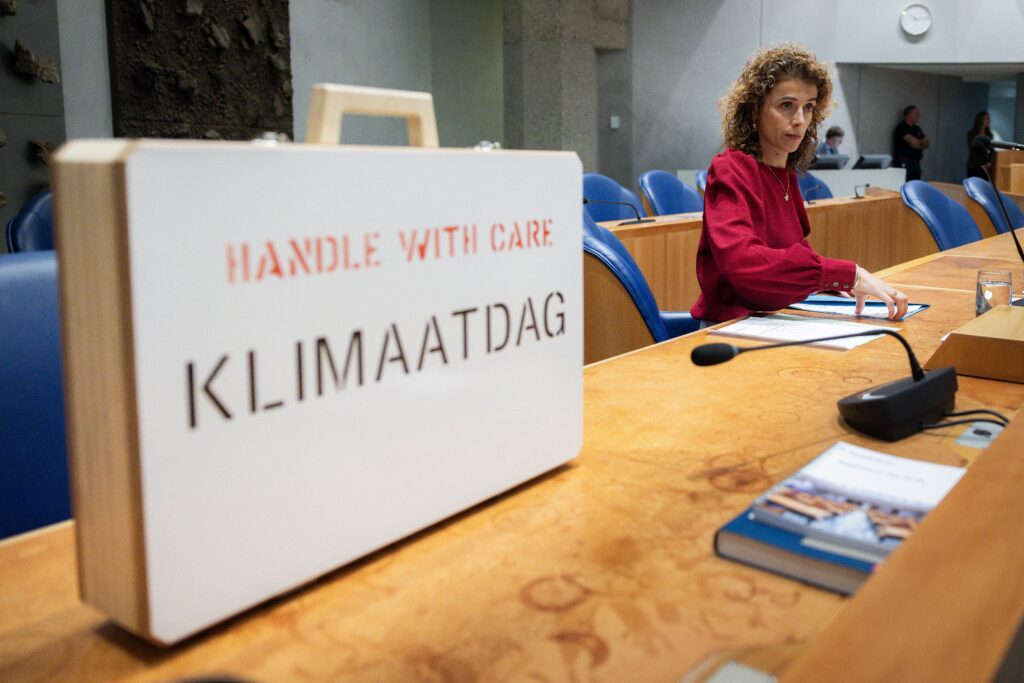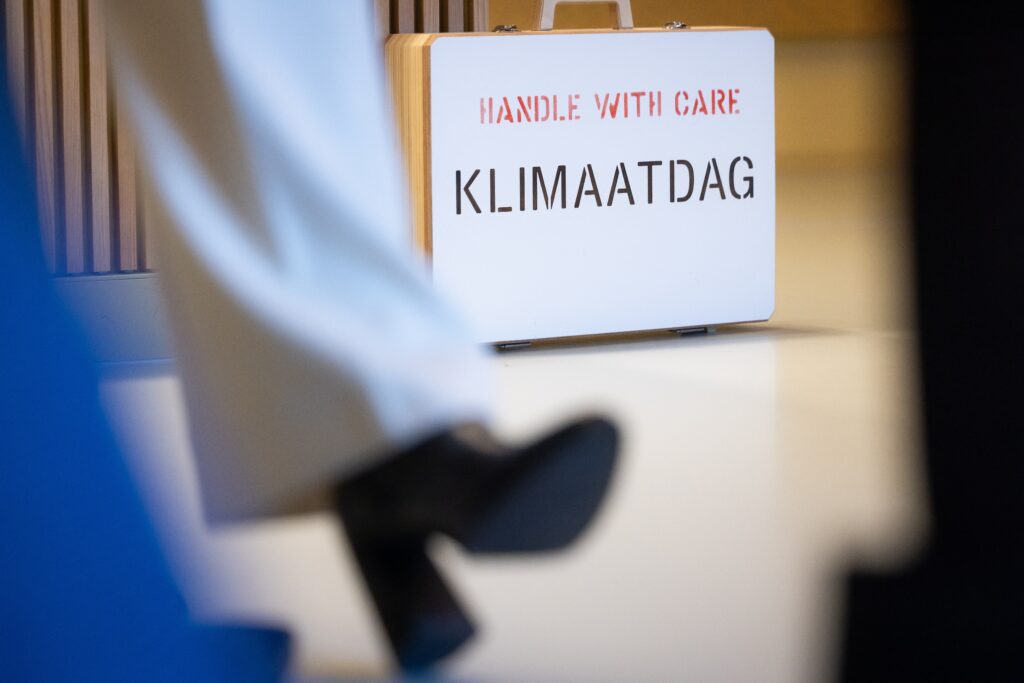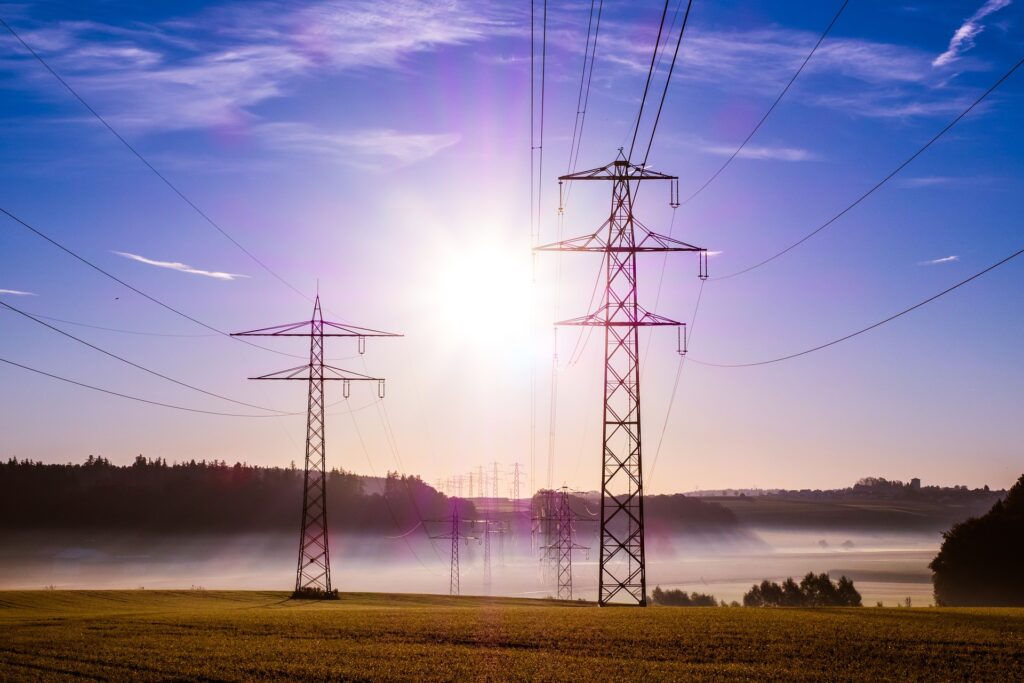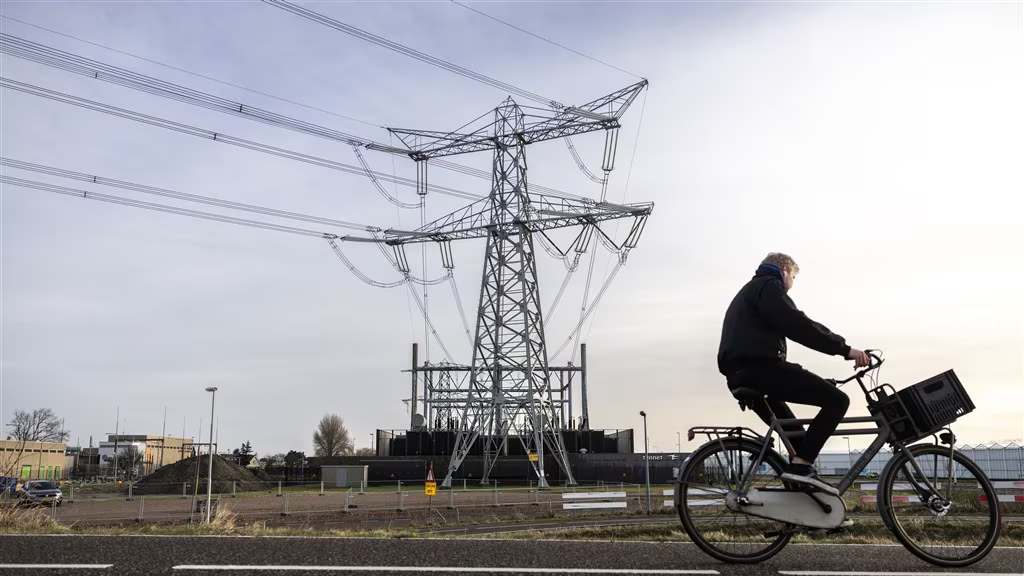Energie-Nederland has decided to appeal against the WACC (‘Weighted Average Cost of Capital’) decision of the Netherlands Authority for Consumers and Markets (ACM) regarding the reasonable return for heat suppliers in the context of the efficiency monitor. The main point of criticism concerns the asymmetric regulatory risk. According to Energie-Nederland, this risk, which involves unlimited losses and limited profits for heating companies, has not been sufficiently taken into account by the ACM.
A representative WACC enables public and private heating companies to finance their activities in a financially responsible manner. However, the current WACC determined by the ACM, prior to interest charges, is lower than the interest rates with which companies can finance themselves on the capital market. The WACC is therefore not representative of the risks of the heating sector. This creates a situation in which new investments in heating networks stagnate or only get off the ground to a very limited extent.
In the summer of 2022, a study was conducted by PwC on behalf of Energie-Nederland in which a reasonable return was examined. This report served as the basis for Energie-Nederland’s views on the ACM consultations. This report also includes a comparison of the differences in principles between the ACM and PwC.
Heat networks are crucial for the energy transition in the Netherlands. The government and the heating sector have the objective that the number of households with a connection to a heating network should increase significantly in the coming years. It follows from the Climate Agreement that the heating sector must double the number of connections (of which there are currently approximately 600,000 – 650,000) by 2030 (to approximately 1.5 million). This ambition requires significant investments.
Energie-Nederland remains committed to a healthy and sustainable heat transition and is committed to a constructive dialogue with the ACM and other relevant stakeholders to achieve a balanced solution.






